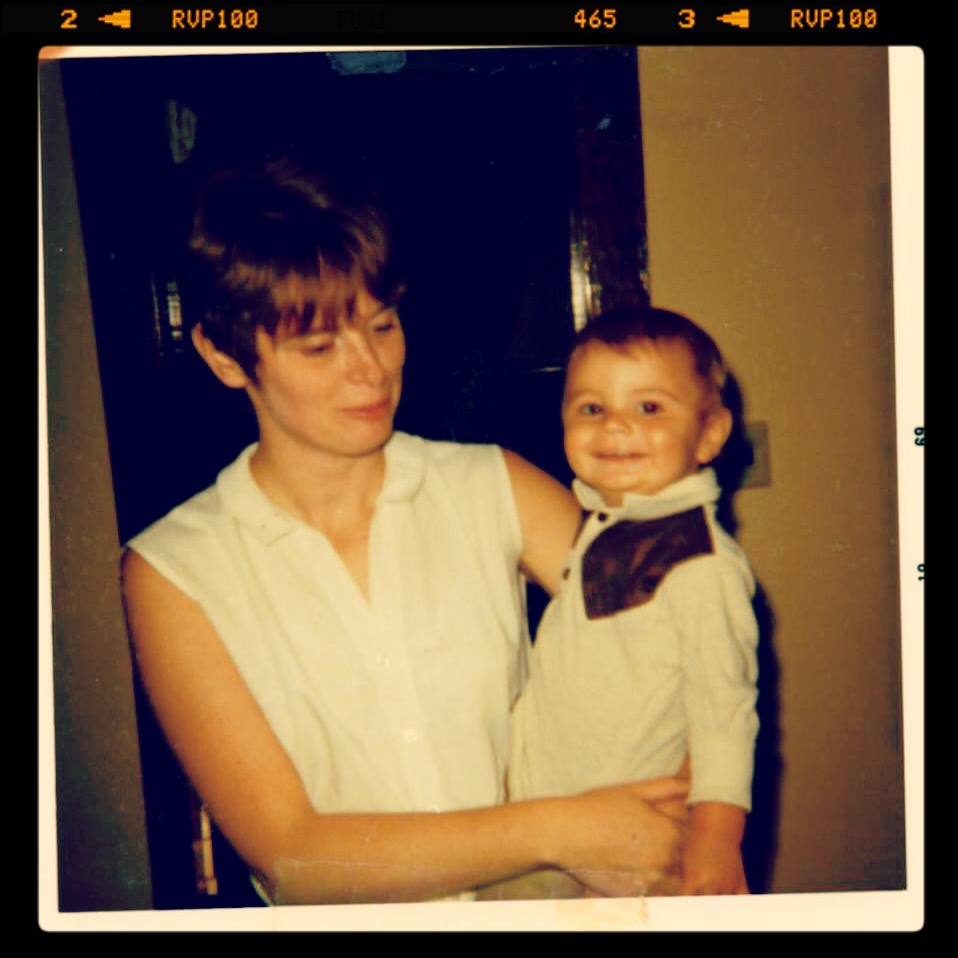ISSN: 1941-4137
POETRY THAT ENACTS THE ARTISTIC AND CREATIVE PURITY OF GLASS
POETRY THAT ENACTS THE ARTISTIC AND CREATIVE PURITY OF GLASS

David Koehn's full length manuscript, Twine, now available from Bauhan Publishing, won the 2013 May Sarton Poetry Prize. His poetry and translations were previously collected in two chapbooks, Tunic, (speCt! books 2013) a small collection of some of his translations of Catullus, and Coil (University of Alaska, 1998), winner of the Midnight Sun Chapbook Contest. He just released Compendium (Omnidawn Publishing 2017), a collection of Donald Justice's take on prosody. His second full-length collection, Scatterplot, is due out from Omnidawn in 2020.
$10,000 Pyramid Sonnet
Things remembered from staying home sick from school:
Smoked cranberries crushed under a rolling pin,
An unexpected phone call from your sister,
The desire for women who are afraid of goldfish. Things disease inspires:
A day the neighbor girl snapped her arm against the island,
The rock garden's labyrinth and the not-so-secret room where they took you,
The crayfish in a blue bucket,
The RCA's convex screen and the underlying tube, the allowed for distortions, the antenna,
Her laugh when Jamie Farr says "memories, peas, potatoes, the name of my sitcom"
& "the undiluted self recognizing its own inability to discern self-interest from sadness…"
Things to be mashed up:
Buying a bag of dried cherries;
The sense of smell, the taste of taste, the sound of hearing, sight seen, feeling felt;
What the unpracticed guitar considers on the other side of joy.
Things not porchswings: an unplugged TV's loveliness, a decade of one night stands,
Things this body has forgotten and cannot parse from the red carrot:
The feeling of the touch of her fingertips on my cheek pointing the way, forever.
Whether presenting as serious or cynical, as iridescent or ironic — or, as in this poem's case, shifting meteorically between the two polarities — the stakes in the best poems are high. To read "$10,000 Pyramid Sonnet" is to wager not only time but also trust. I know I must be all in, I must invest all of my attention in the illusion, which is not illusion at all, if I'm to gain the payoff of so many subtle and profound insights into life. David Koehn's poem gives me no time to have qualms, to hold back, and so I leap with him as he leaps between the two extremes of the expressively eloquent and the disruptively strange. This, in itself, is a life lesson — that we all live on the brink of the uncanny, the unexpected — and Koehn has the unique capacity to play this brinksmanship to full effect, as we shift in extremes as quickly as from line to line, even phrase to phrase mid line. Perhaps one of the poem's deeper messages is that even in our most quotidian moments and memories, we suddenly can find the very foundations we trust shaking, the ground beneath us shattering. Until, by poem's end, even "the feeling of the touch of her fingertips on my cheek" is not simply a physical sensation but a crucial directional marker that might otherwise have been missed. One of the great values for me of the best poems, if I have let them draw me deep into their own disruptive logic — is that they teach me to see that any next sensation I experience might be an invocation and a provocation. It can be a "pointing the way" that is both a demand and a promise. Koehn reminds us that such demands, such promises, will have the resonance of the endless about them, giving us one glimpse of what "forever" might mean.
— Rusty Morrison
Glass: A Journal of Poetry is published monthly by Glass Poetry Press.
All contents © the author.
All contents © the author.





